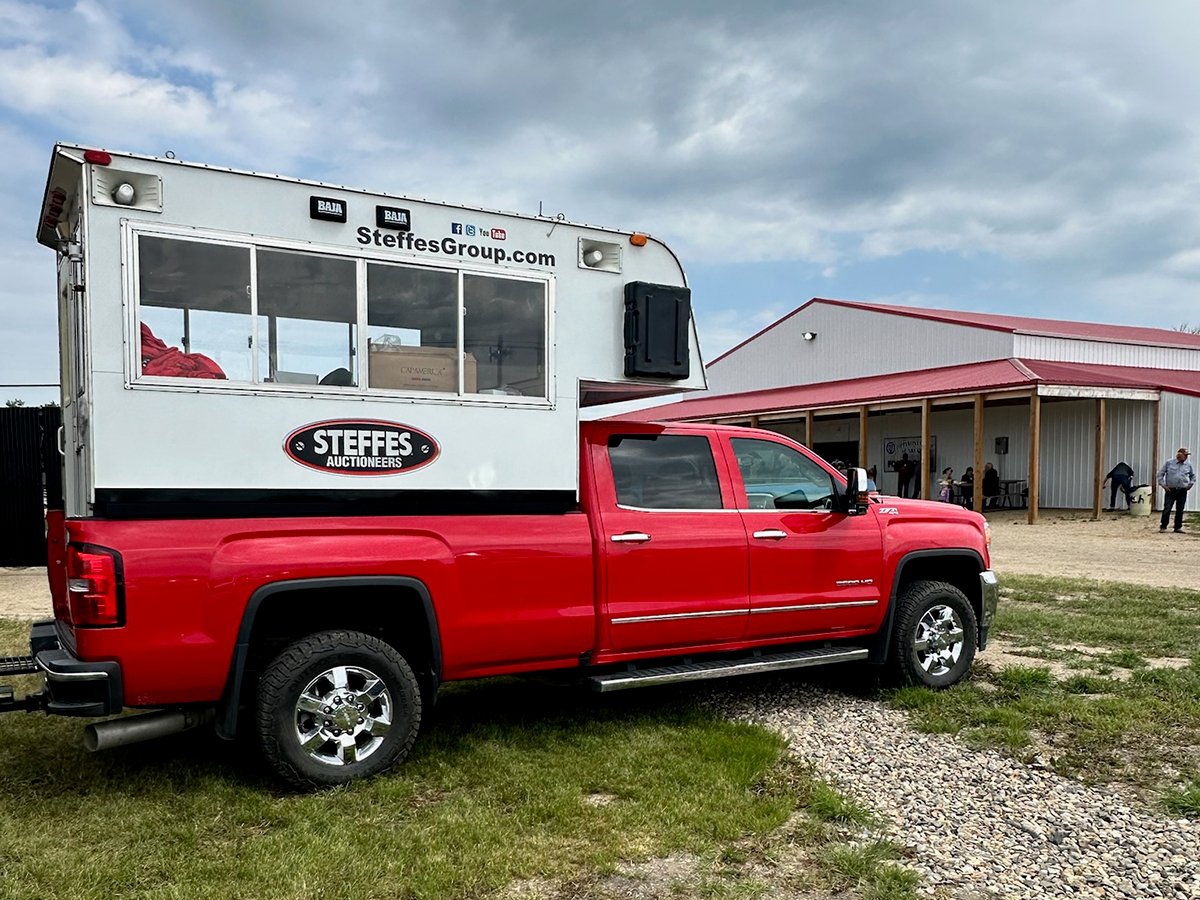Q: I do not know how to approach this. My parents have not yet written a will to dispose of their estate once they have passed. If I ever broach the subject, my dad says that he is only 69 years old and not likely to leave any time soon.
The problem is that Mom and Dad have accumulated a large legacy to pass on to us kids and I fear that we will have some problems if Mom and Dad die without being explicit about how they want their wealth distributed. How can I get my dad to talk about this and, even more importantly, to do something about it?
Read Also

Farm auctions evolve with the times
Times have changed. The number of live, on-farm auctions is seeing a drastic decline in recent years. Today’s younger farmers may actually never experience going to one.
A: My guess is that for your father, the problem is not with the will but with the subject of death and dying. All of us know we are going to die but it’s not a reality we want to face.
Before spending time with your father about his will, you might want to review your own thoughts about death and dying. Find a few evenings when you and your wife can talk to each other about what you think might lie ahead for your future.
Are you committed to the church and believe that you will share a life after death when you finally die or are you somewhat agnostic and think that everything stops with your death?
What do you think might be some of the reactions of your children when you die? How might friends and neighbours in your community re-spond after your death?
Are you scared of dying? Many people fear not only the uncertainty of what happens when they die but also the chance that while they are dying, they will suffer pain.
The ultimate fear of death is that you will not have had a life well spent and filled with meaningful experiences.
One of the interesting paradoxes throughout all of this is that those who seriously consider their own deaths often find themselves more committed and involved in their daily chores. Even the most mundane activity brings new rewards and satisfaction.
As you create a greater comfort zone for yourself within death and dying, you will more likely find yourself more comfortable talking to your dad.
You can start with the will, but I suspect that you will not stop there.
Your dad is 69. He is already noticing that some daily responsibilities are more challenging than they used to be.
With your support, the door opens for him to reflect on that and his life’s inevitable conclusion. That is a conversation worth having with him. It is the foundation for an ever-lasting bond between you and your father.














